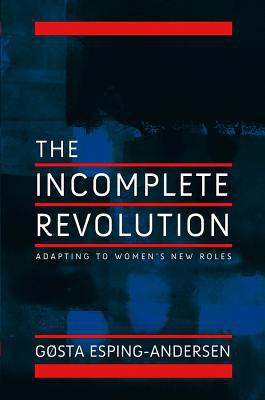
Incomplete Revolution PDF
214 Pages·2009·14.1529 MB·other
Most books are stored in the elastic cloud where traffic is expensive. For this reason, we have a limit on daily download.
Preview Incomplete Revolution
Description:
Our future depends very much on how we respond to three great challenges of the new century, all of which threaten to increase social inequality: first, how we adapt institutions to the new role of women - the 'incomplete revolution' of our time; second, how we prepare our children for the knowledge economy; and, third, how we respond to the new demography, in particular low fertility and an ageing population. In this new book Gøsta Esping-Andersen - the leading analyst of the welfare state - examines how different societies have responded to these challenges. It focuses especially on the quest for gender equality, on the role of families in the reproduction of social inequalities, and on major inequities associated with an ageing population. Through comparative analysis he seeks to identify the kinds of welfare state reform that can optimize not only individuals' life chances but also collective welfare. The intellectual ambition is, in other words, to identify the mainsprings of a new and superior form of social equilibrium. This book will be of great interest to anyone concerned with gender and the changing role of women, with social and public policy, and with the future of the welfare state.
See more
The list of books you might like
Most books are stored in the elastic cloud where traffic is expensive. For this reason, we have a limit on daily download.
